Wood Shingle Maintenance and Repair Tips
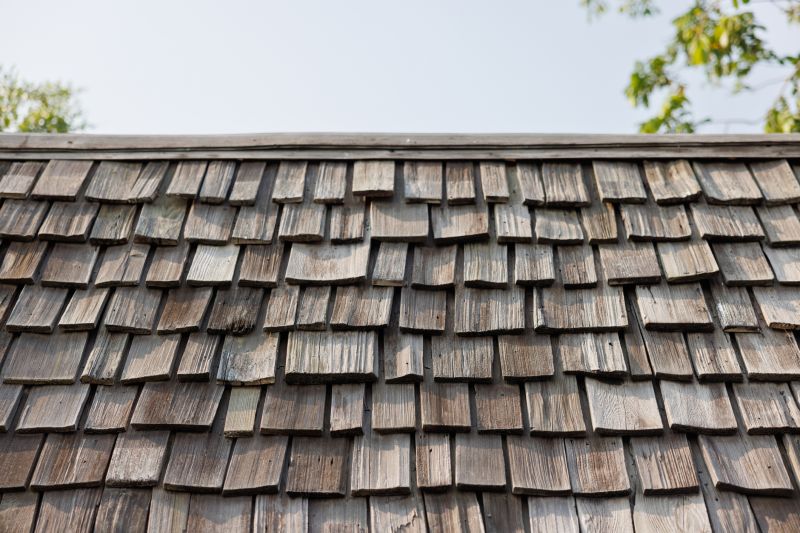
Spring offers moderate temperatures and dry conditions, ideal for repairs and inspections.

Summer provides longer daylight hours and warm weather, suitable for extensive repair work.
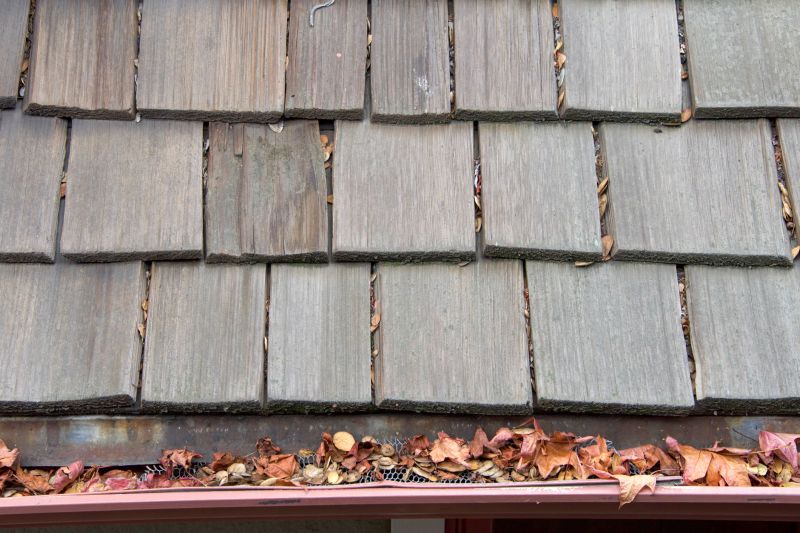
Fall's cooler temperatures and dry weather make it a good time to perform repairs before winter.
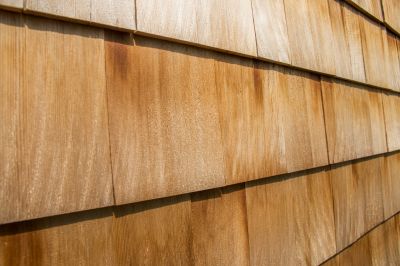
Ways to make Wood Shingles Repairs work in tight or awkward layouts.
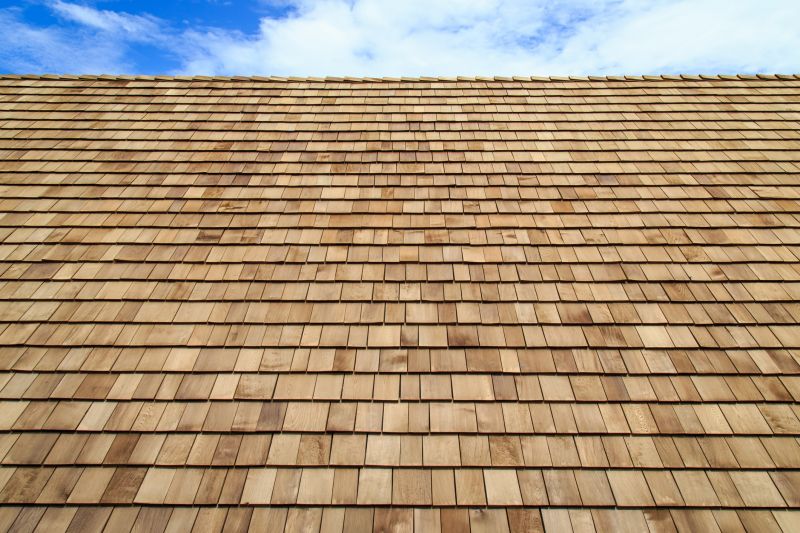
Popular materials for Wood Shingles Repairs and why they hold up over time.
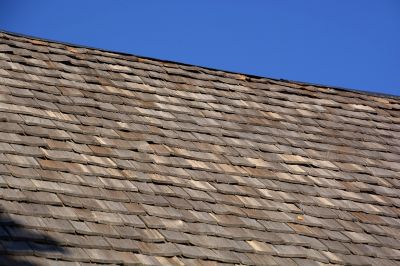
Simple add-ons that improve Wood Shingles Repairs without blowing the budget.
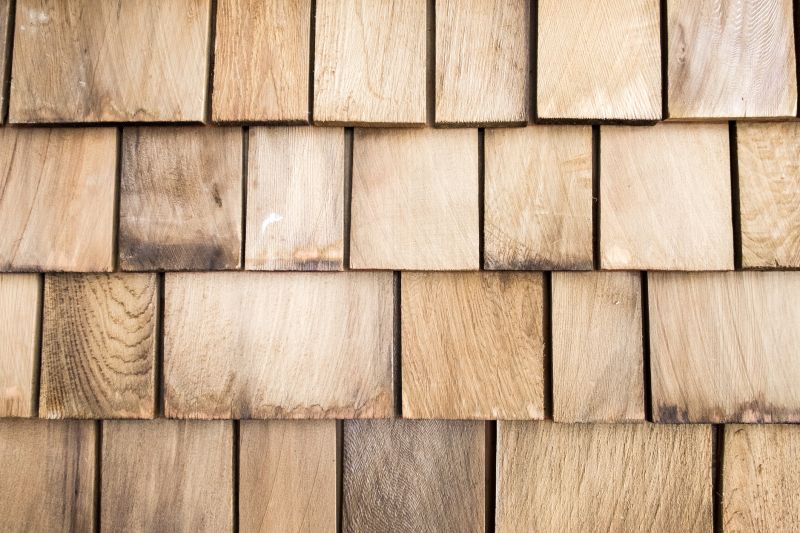
High-end options that actually feel worth it for Wood Shingles Repairs.
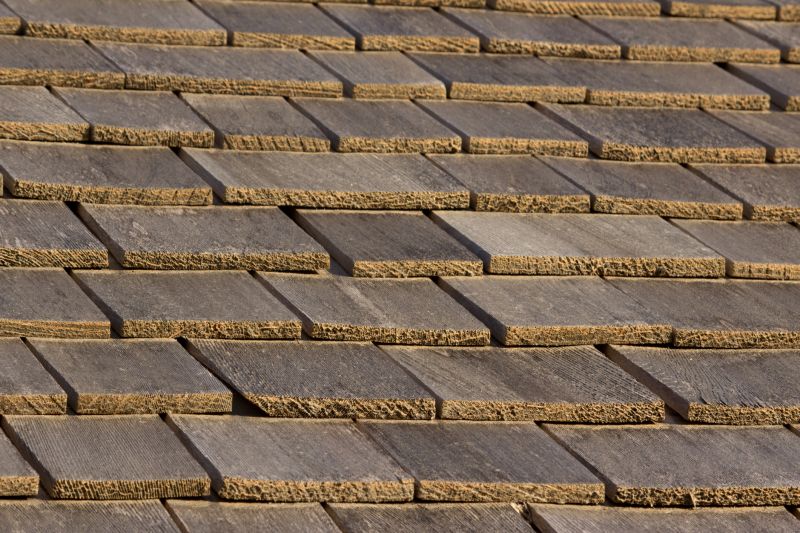
Finishes and colors that play nicely with Wood Shingles Repairs.
Wood shingles are a popular roofing choice due to their natural appearance and durability. Proper maintenance and timely repairs can extend their lifespan significantly. Typically, wood shingles can last between 20 to 40 years, depending on environmental conditions and maintenance practices. Regular inspections help identify issues like cracking, splitting, or rot early, preventing costly damage. Weather conditions play a crucial role; moisture, temperature fluctuations, and sunlight exposure accelerate deterioration. Repairing wood shingles during favorable weather ensures better adhesion and longer-lasting results.
Moisture and temperature changes influence the timing of repairs for optimal results.
Annual inspections help determine the best time for necessary repairs and replacements.
Dry and mild weather conditions are preferred for repairing wood shingles to ensure proper adhesion and curing.
Avoid repairs during heavy rain or extreme cold to prevent further damage and ensure safety.
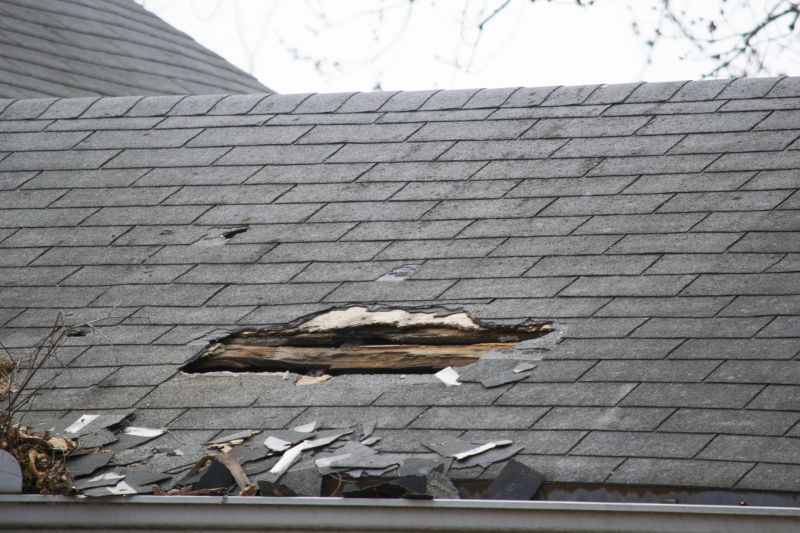
Spring's moderate weather makes it ideal for repairing and replacing damaged shingles.
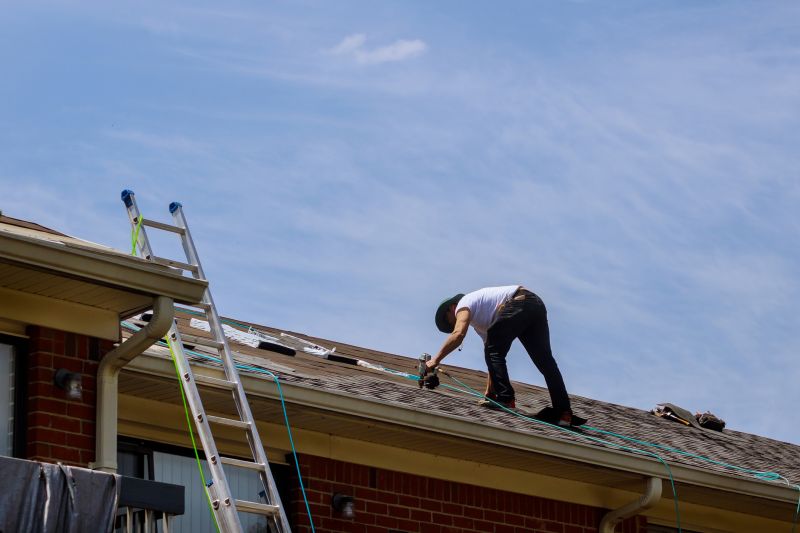
Warm, dry summer days facilitate effective repairs and maintenance.
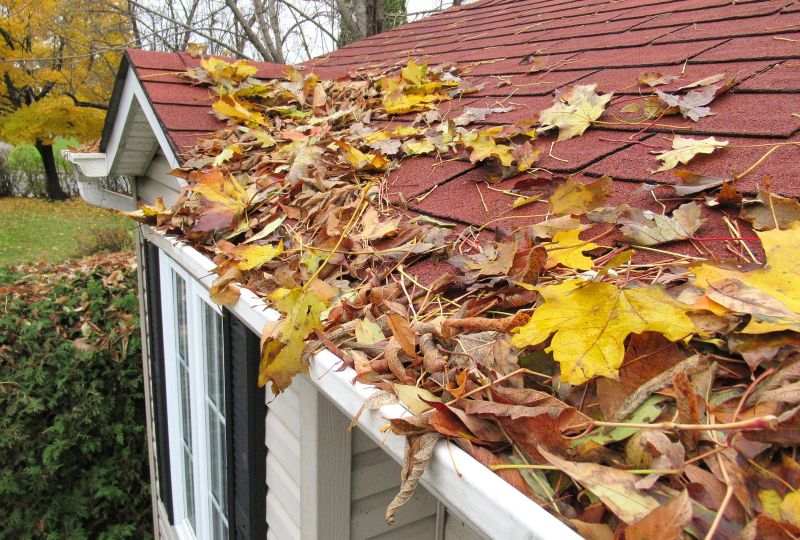
Perform repairs in fall to prepare the roof for winter weather.
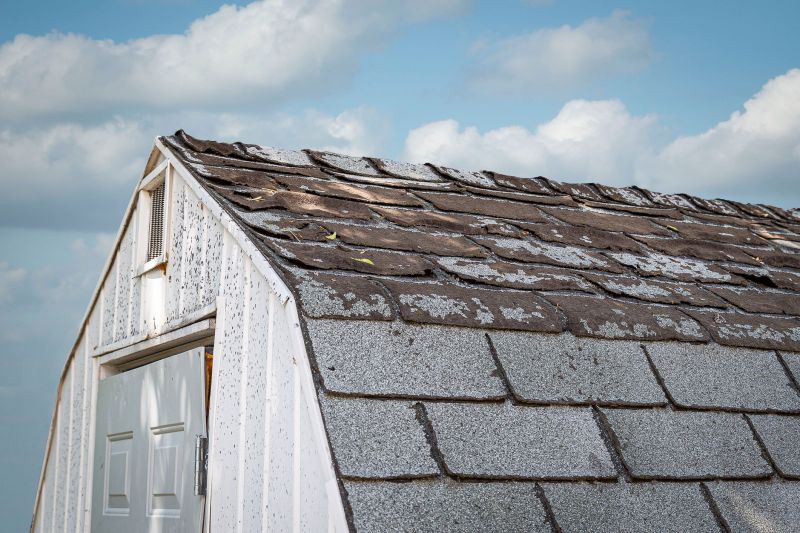
Cold and wet conditions can hinder repair work and compromise results.
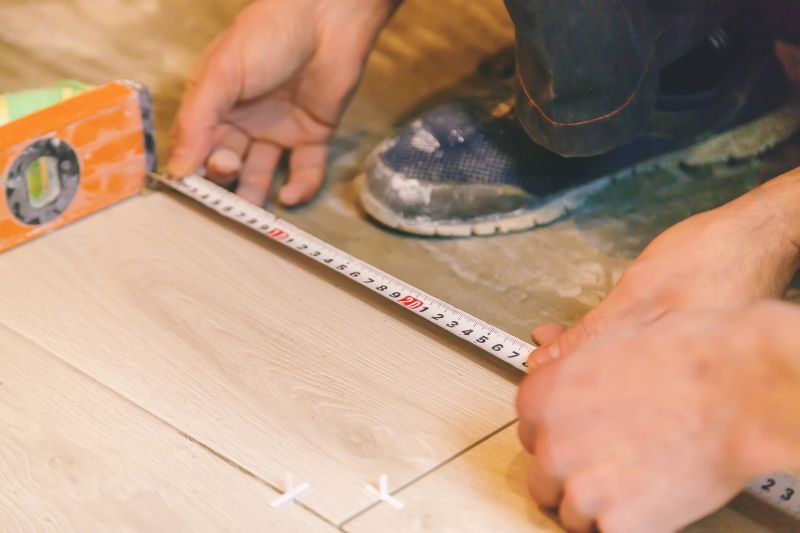
Little measurements that prevent headaches on Wood Shingles Repairs day.
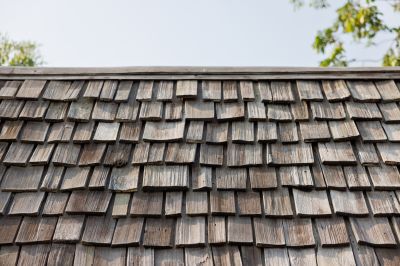
A 60-second routine that keeps Wood Shingles Repairs looking new.
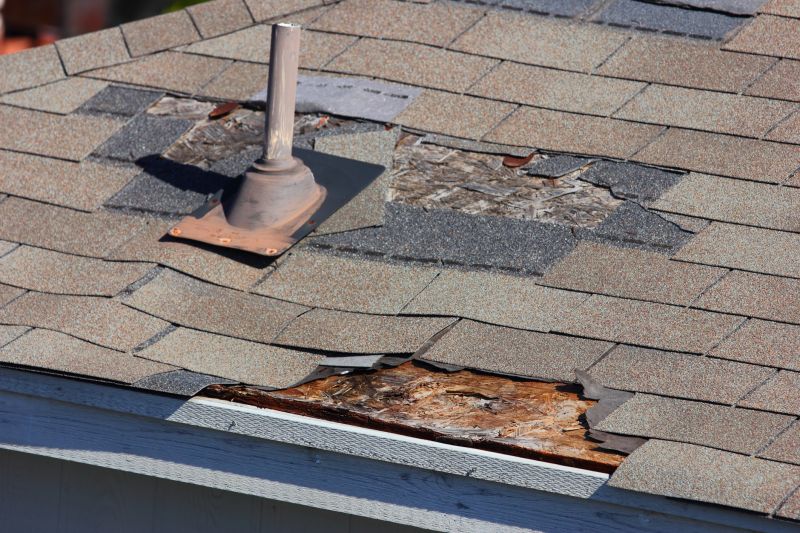
A frequent mistake in Wood Shingles Repairs and how to dodge it.
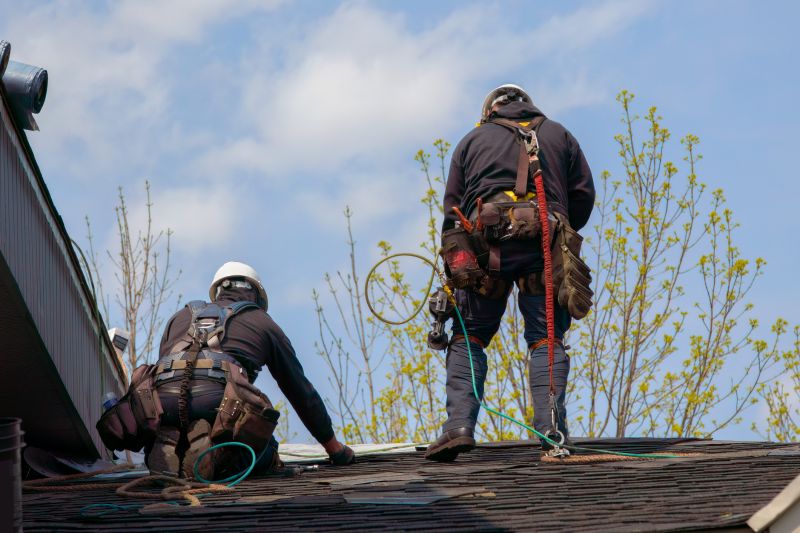
Small tweaks to make Wood Shingles Repairs safer and easier to use.
| Season | Recommended Repair Conditions |
|---|---|
| Spring | Moderate temperatures, dry weather, ideal for repairs. |
| Summer | Warm and dry, suitable for extensive work. |
| Fall | Cooler temperatures, dry conditions, good for pre-winter repairs. |
| Winter | Cold and wet, generally not recommended for repairs. |
Timely repairs of wood shingles can prevent further damage and extend the roof's lifespan. Addressing issues such as cracked or rotting shingles during optimal weather conditions ensures better adhesion and durability. Regular maintenance, especially before harsh weather seasons, helps maintain the integrity of the roof and avoids costly replacements. Proper planning around seasonal weather patterns enhances the effectiveness of repairs.
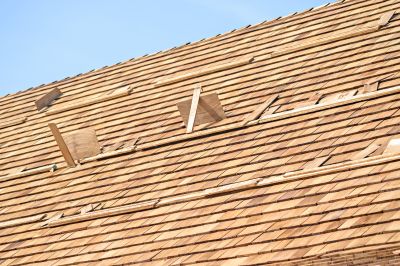
Identifying cracked or rotting shingles early can prevent leaks and structural damage.
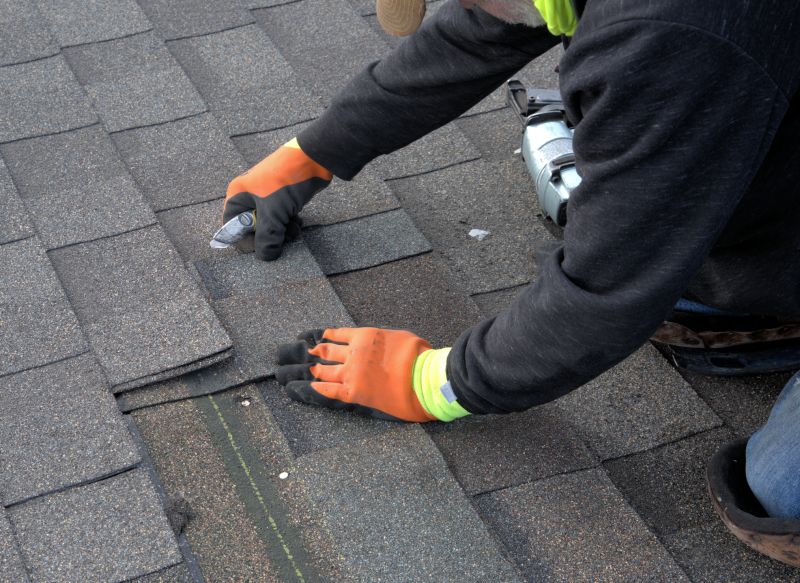
Proper repair involves replacing damaged shingles and sealing edges for protection.
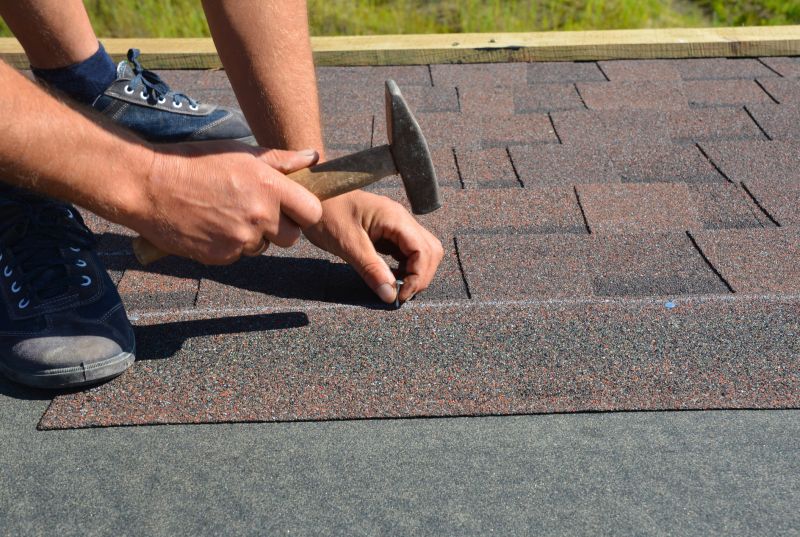
Regular inspections and timely repairs help prolong the life of wood shingles.
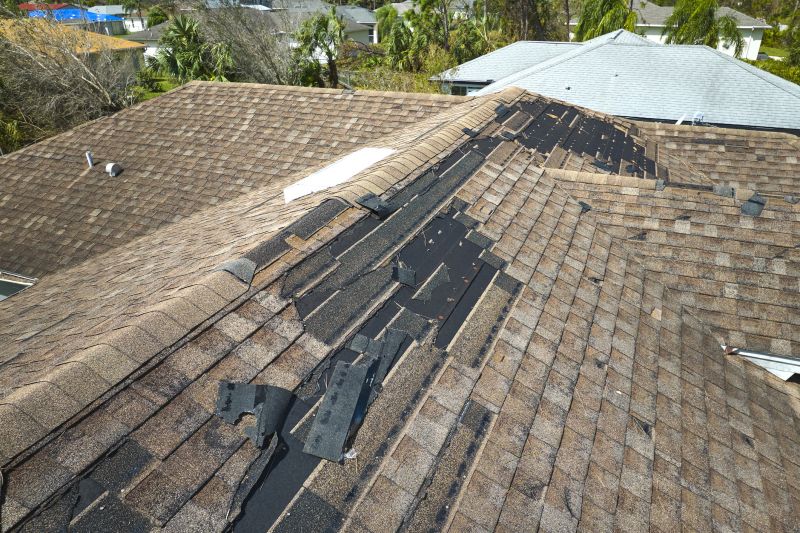
Repair timing should consider upcoming weather patterns for best results.
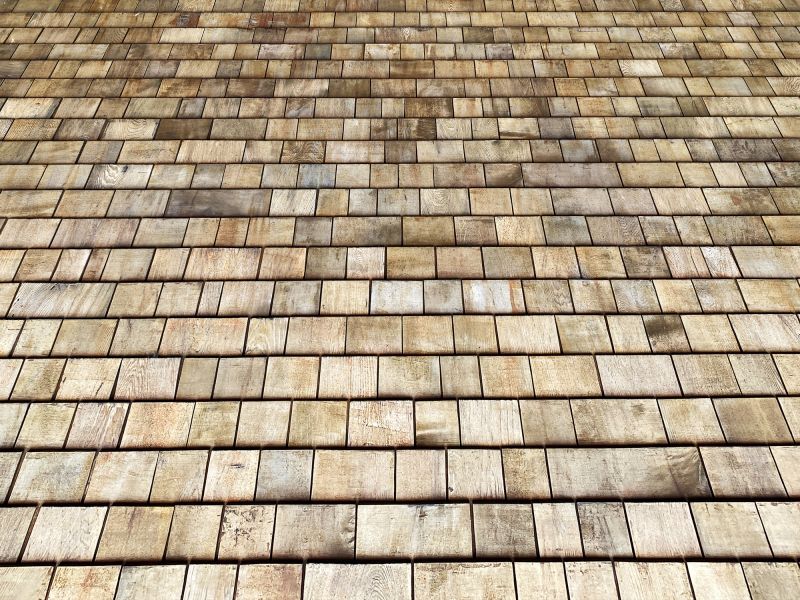
Lower-waste or water-saving choices for Wood Shingles Repairs.
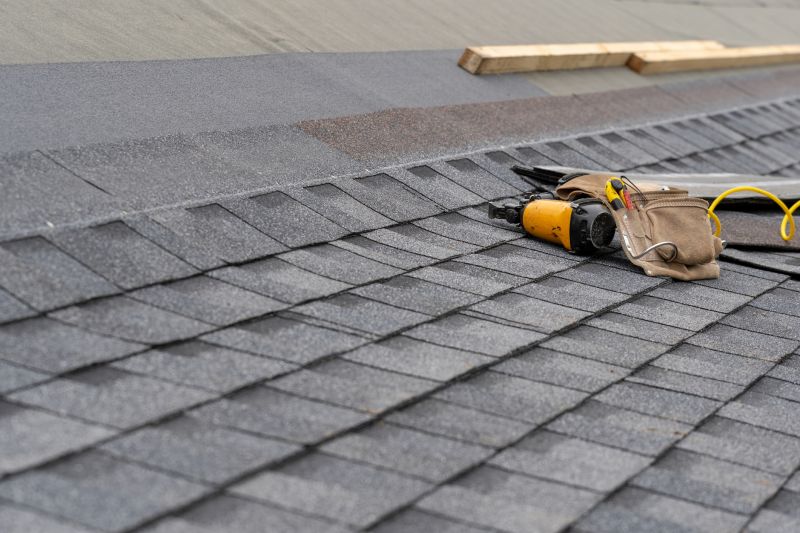
The short, realistic tool list for quality Wood Shingles Repairs.
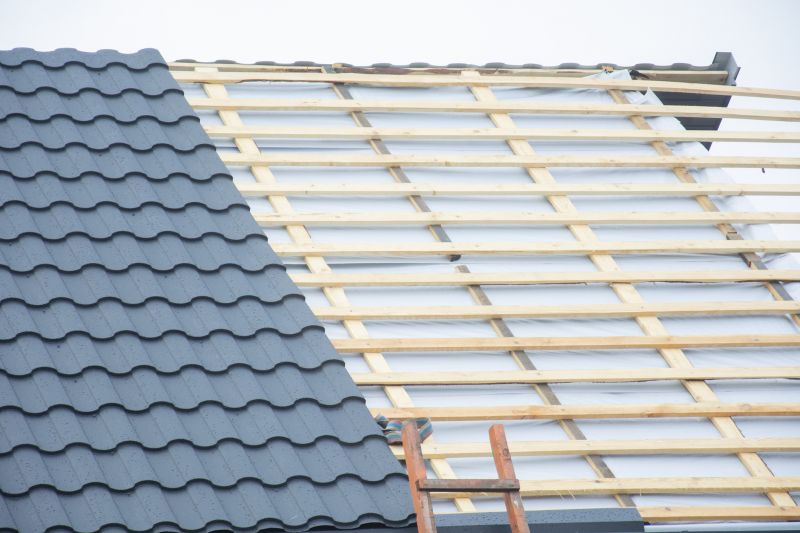
Rough timing from prep to clean-up for Wood Shingles Repairs.
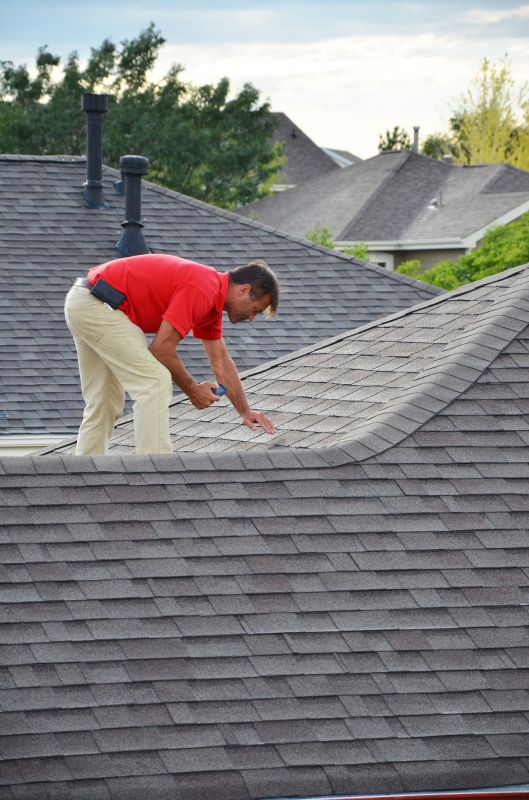
Quick checks and paperwork to keep after Wood Shingles Repairs.
Interested in wood shingle repairs? Filling out the contact form can provide more information and assistance tailored to specific needs. Early planning and choosing the right season for repairs can contribute to longer-lasting and more effective results for wood shingle roofs.



